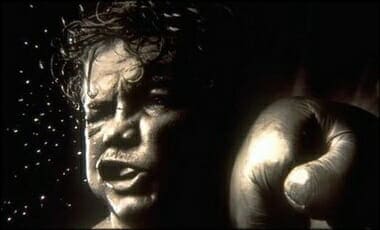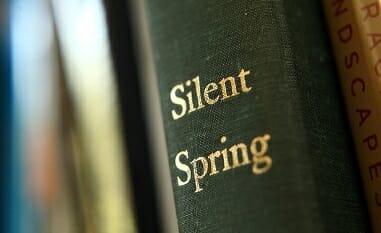Phillis Wheatley was born in Senegal, Africa, in 1753. She was kidnapped at the age of eight and sent on a slave ship to Boston. Purchased by a prosperous Boston tailor, John Wheatley, she was trained as a personal servant for John’s wife, Susannah.
Phillis was quick and perceptive, and Susannah and her daughter Mary were drawn in a special manner to Phillis. Susannah considered Phillis a daughter, and Mary treated her like a sister. Both tutored her in the Scriptures and in morals, and within sixteen months Phillis had so mastered English that she was able to read the most difficult parts of the Bible with ease. Mary then taught Phillis astronomy, geography, ancient history, the Latin classics, and the English poets, all of which Phillis conquered with equal ease. Because of her aptitude for difficult knowledge and her ability as a brilliant conversationalist, Phillis was considered by the Bostonian intellectuals to be a child prodigy.
When she was only thirteen years old, Phillis wrote her first poetic verses; and then three years later, being an admirer of the celebrated Rev. George Whitefield, she authored a special poem about his life. This early interest in poetry continued for the rest of her life, and today Phillis is known as America’s first Black female poet.
In 1771, Phillis became a member of the famous Old South Church. It was later said that “her membership in Old South was an exception to the rule that slaves were not baptized into the church.”
In 1773, her health began to fail. A sea-voyage was recommended, and Mrs. Wheatley promptly saw to it that Phillis was manumitted (freed). Phillis traveled to England, where she was received by British royalty. While abroad, she published her first collection of poems, Poems on Various Subjects, Religious and Moral.
In 1775, while still abroad, and while the siege of Boston was underway in America, Phillis wrote a letter to the new Commander-in-Chief, General Washington, containing a special poem she had written for him:
His Excellency George Washington . . . Thee, first in place and honors, – we demand The grace and glory of thy martial band Fam’d for thy valor, for thy virtues more, Here every tongue thy guardian aid implore! . . . Proceed, great chief, with virtue on thy side, Thy every action let the goddess guide. A crown, a mansion, and a throne that shine, With gold unfading, Washington, be thine. . . .
Washington was touched by the poem; and when Phillis returned to America, Washington invited her to his military camp at Cambridge to honor her before his staff.
Phillis had returned to America when she had learned of the declining health of Mrs. Wheatley, who died shortly after her return. Phillis remained close to the family. She continued her writings and purposed to bring out a second volume of poems to be dedicated to Benjamin Franklin. Misfortune, however, intervened.
In 1778, Phillis married John Peters, a free Black. Although he appeared promising (he was a writer and had studied for the law), his character was deeply flawed: he was slothful, did not provide for his new wife, and failed to give her the care that her delicate health required. He also demanded that she isolate herself from her former friends and even required that she cut off all contact with the Wheatleys. Peters finally deserted Phillis.
Under these circumstances, and only five years after her marriage, Phillis died in obscurity at the age of 30, alone and in poverty, buried in an unmarked grave. Of her three children, two died in infancy, and the third was buried alongside her.
Despite the hardships in her life, Phillis never complained. In fact, she found a silver lining – or rather a Divine one – even in her tragic life of slavery. In her poem, “On Being Brought from Africa to America,” she wrote:
‘Twas mercy brought me from my Pagan land Taught my benighted soul to understand That there’s a God, that there’s a Savior too: Once I redemption neither sought nor knew. Some view our fable race with scornful eye, “Their color is a diabolic dye.” Remember, Christians, Negroes black as Cain, May be refin’d, and join th’ angelic train.
Phillis’ poetry was popular for generations after her death, and she was considered a heroine by those who fought to end slavery. She remains a shining example of a devout Christian, an accomplished poet, and a gracious and kind woman.
(Wall Builders)

























